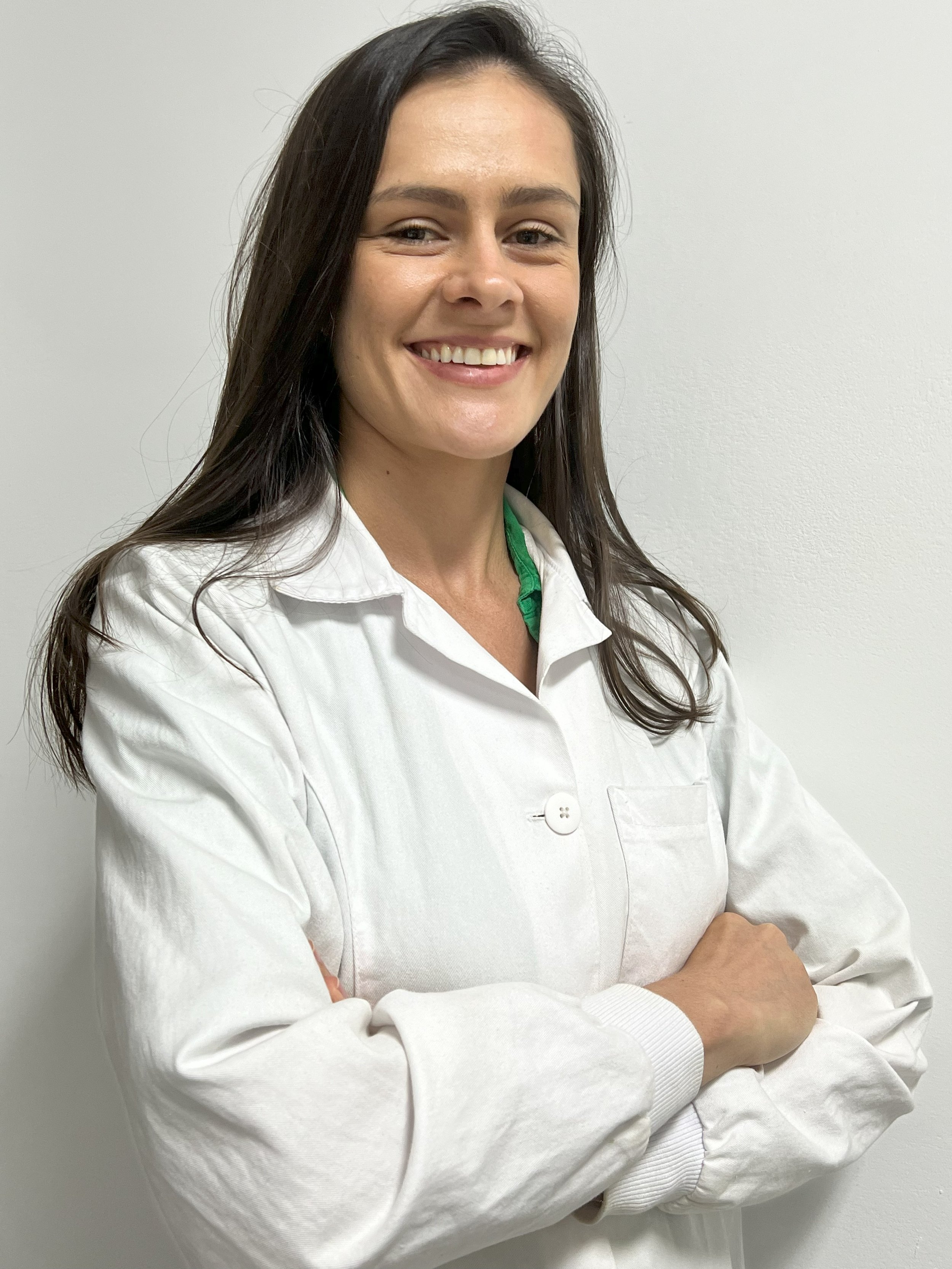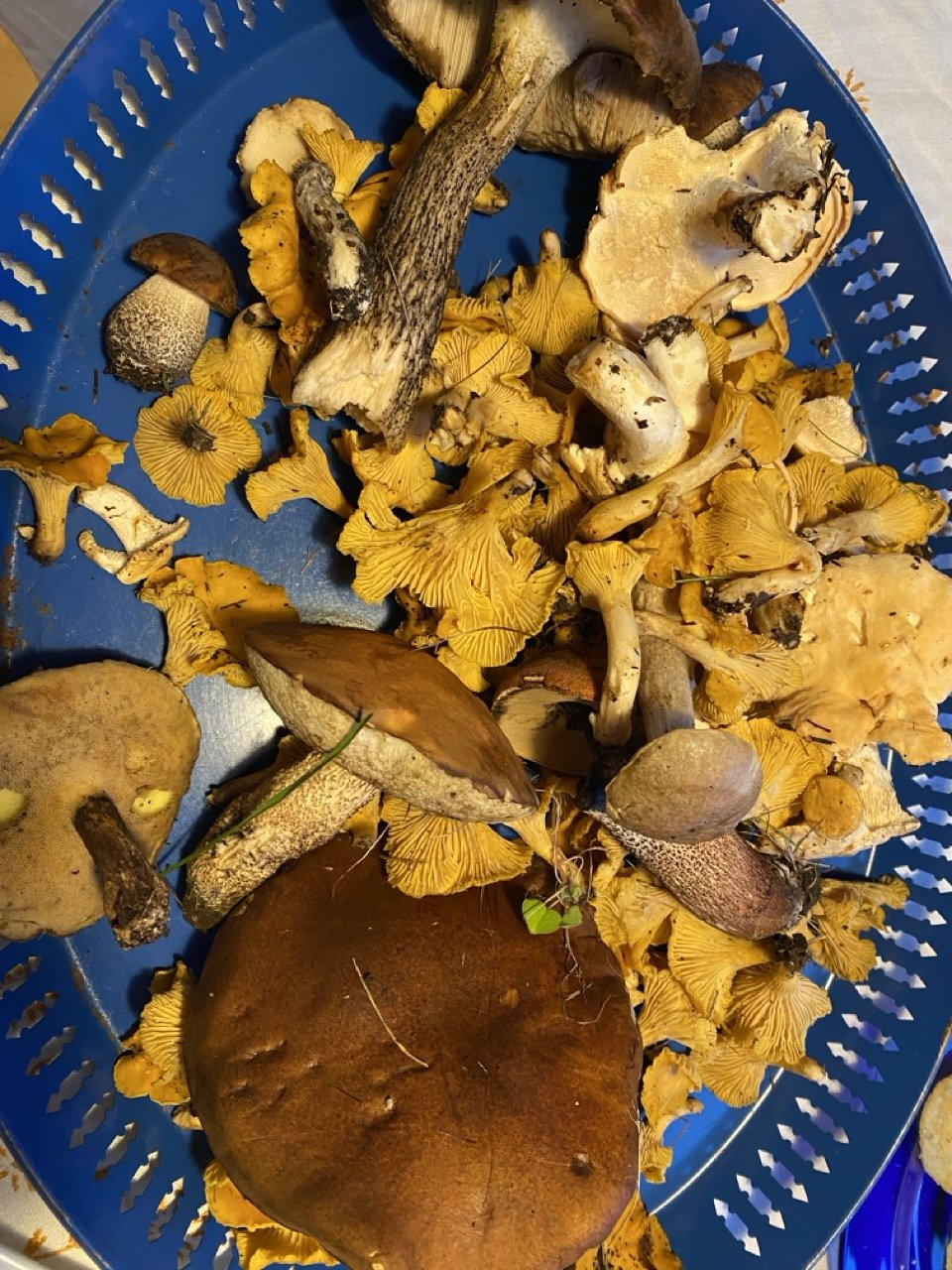Vayu Hill-Maini (he/him/his)
Assistant Professor of Bioengineering
Vayu fell in love with cooking at a young age in his multicultural home in Stockholm, Sweden. He first moved to the U.S to work in restaurants, but the flavors, textures, and sensations of the kitchen eventually led him to scientific research. He received his B.A in Chemistry and Biology at Carleton College in 2015. He completed his PhD in Biochemistry from Harvard University in 2020, where he worked in the lab of Emily Balskus to characterize strains and enzymes from human gut microbiota responsible for the metabolism of drugs and dietary compounds. As a Miller Fellow at UC Berkeley, Vayu discovered and engineered filamentous fungi for sustainable foods in the lab of Jay Keasling. In addition, Vayu has trained at diverse gastronomic institutions, including Basque Culinary Center, Fundación Alicia, The Cultured Pickled Shop, and Michelin-star restaurants Alchemist, Blue Hill at Stone Barns. He is excited about building synthetic biology tools for fungi to unlock new discoveries within mycology, address sustainability challenges, and enable gastronomic creativity. His favorite fungi are Neurospora intermedia and chantarelles (both orange!).
GRADUATE STUDENTS
Peter Allen (he/him/his)
Ph.D Student, Biology ; Stanford Bio-X Graduate Fellow
Peter began his research career as a technician in the Manguso Lab at the Broad Institute in Cambridge, MA, where he developed novel cell engineering therapies to treat cancer. At Stanford, Peter was inspired by the transformative potential of synthetic biology to tackle major challenges posed by the climate crisis. Drawn to fungi for their fascinating blend of basic biology and practical applications, he joined the Hill-Maini Lab. Peter is passionate about developing synthetic biology tools to unlock the untapped functional diversity of the fungal kingdom, with a focus on enabling fine-tuned control over hyphal structure using optogenetic tools. Outside the lab, Peter enjoys reading classic novels, embarking on long backpacking adventures, and perfecting his cooking skills. His favorite mushroom is Podoserpula pusio, the Pagoda Fungus, admired for the stunning multi-tiered fruiting bodies that inspire its name
Deniz Sinar (she/her/hers)
Ph.D Student, Bioengineering; NSF GRFP Fellow
Deniz earned her B.S. in Bioengineering from Cornell University, where she researched bioelectrochemical systems for biofuel production. She continued exploring sustainable biotechnologies through internships at LanzaTech and the Joint BioEnergy Institute, focusing on gas-fermenting microbes. As a Stanford Ph.D. student, she is excited to develop tools that expand synthetic biology in filamentous fungi and contribute to building a sustainable future. Outside the lab, Deniz is passionate about STEM outreach, science communication, and bioart. She also loves playing tennis, fermenting foods at home, and listening to live music. Her current favorite fungus is Coprinopsis cinerea since it’s the first fungus she’s ever worked with, so it holds a special place in her heart.
Shreya Garg (she/her/hers)
Ph.D Student, Bioengineering; NSF GRFP Fellow, Stanford Graduate Fellow
Shreya earned a B.S. in Bioengineering with a notation in Science Communication from Stanford University, where she worked in the Peter Yang Lab developing bioreactors and 3D-bioprinters for orthopedic implant fabrication. During this time, she also formulated prodrugs for neuropathic pain and diagnostic tools for colorectal cancer, driven by the goal of more accessible and effective healthcare tools. Her combined interests in biomanufacturing, materials, and prototyping (and a general admiration for fungi) drew her to the Hill-Maini Lab, where she is excited to harness the potential of filamentous fungi in sustainability, food systems, aesthetics, and more. Outside the lab, Shreya enjoys cycling, knitting, teaching, serving as a ranger at Jasper Ridge Biological Preserve, and cooking. Her favorite fungus at the moment is Pleurotus ostreatus (the oyster mushroom) for its flavor and unique electrical and rheological properties.
POSTDOCS/ RESEARCH STAFF
Shahar Schwartz (he/him/his)
Life Science Research Professional
Shahar earned his B.S. in Microbial Biology from Berkeley in 2024, during which time he researched novel gene editing technologies and transcriptional regulation via promoter screens in plants as a technician in the Savage lab. He is interested in exploring the intersection between high throughput genetics and synthetic biology in a wide variety of organisms, and is extremely excited to innovate in both those fields within novel fungal systems as a part of the Hill-Maini lab. Outside of the lab, he also enjoys quizbowl, board games, writing stories, and, of course, cooking and eating delicious food. His current favorite fungi are Trichoderma reesei and Enoki mushrooms.
Jaqueline Gerhardt (she/her/hers)
Postdoctoral Fellow
Jaqueline was born and raised in the beautiful landscapes of Mato Grosso, Brazil. She received her PhD in Molecular and Morphofunctional Biology from the State University of Campinas (UNICAMP) and has extensive experience in the genetic engineering of fungi to produce recombinant enzymes. Her PhD research investigated the impact of post-translational modifications and protein quality control on the activity and secretion of enzymes in Aspergillus nidulans. During this time, she also collaborated with the Technical University of Denmark (DTU) to engineer Aspergillus strains for human protein production. More recently, as a Metabolic Engineering Researcher at UpDairy, she developed microorganisms as cell factories for dairy production. In the Hill-Maini Lab, she is excited to build genetic tools to characterize the mechanistic and molecular interactions between Trichoderma atroviride and bacteria within the plant microbiome. Outside the lab, she is passionate about nature, traveling, fishing, and fungi.
Braydon Black (he/him/his)
Postdoctoral Fellow (SDSS Accelerator Fellowship)
Braydon completed his PhD in Microbiology & Immunology at the University of British Columbia under Prof. Jim Kronstad. During his PhD, Braydon uncovered key mechanisms driving metabolic adaptation and virulence of a pathogenic fungus, and developed a suite of molecular tools with potential broad application across fungi. He has also worked as a medical and science writer, developing training materials for biotech and pharma companies. As a Sustainability Accelerator Fellow at Stanford, he is excited to apply his extensive knowledge of fungal molecular biology to develop new approaches for converting food waste into nutritious, delicious, and sustainable fermented foods using filamentous fungi.
Jon Arizti Sanz (he/him/his)
Postdoctoral Fellow (Schmidt Science Fellowship)
Jon was born and raised in the Basque Country, Spain. He received his PhD in Medical Engineering and Medical Physics from the joint Harvard-MIT program in Health Sciences and Technology under Prof. Pardis Sabeti. His PhD research focused on developing genomic technologies for early pathogen detection. During this time, he developed SHINE, a suite of CRISPR-based diagnostic platforms for viral detection in decentralized settings. In 2024, Jon worked as a Biosecurity Game Changers Fellow at the Pandemic Center at Brown University, where he developed a Global Diagnostic Gap Assessment report in collaboration with the International Pandemic Preparedness Secretariat (IPPS) and FIND. The report provides evidence-based and actionable priorities to boost the development and global access of diagnostics for outbreak-prone pathogens. Jon is excited to join the Hill-Maini Lab as a postdoc and Schmidt Science Fellow, where he will employ computational and experimental approaches to characterize and engineer filamentous fungi for sustainability and food applications. He hopes to combine bioengineering approach and policy to address critical challenges in global food systems, sustainable agriculture and food security. Outside the lab, Jon enjoys cooking (and eating), dancing, sports, and watching films.
Lab Alumni
Adrian Gardar Lopez, Visiting PhD Student, DTU: Jan 2025-April 2025
Alessandra Massa, Visiting PhD student, Basque Culinary Center: June 2025-Sept 2025
Anna-Katharina Preidl, co-term masters student, Chemical Engineering: January 2025-Sept 2025
Franklin Peace Lurie, co-term masters student, Bioengineering: Sept 2024 - Aug 2025
Taylor Hanh Nugyen, postdoc, Sept 2025-Dec 2025
We are building our dream-team. We are always searching for talented people that want to grow with us.
Interested in joining?









